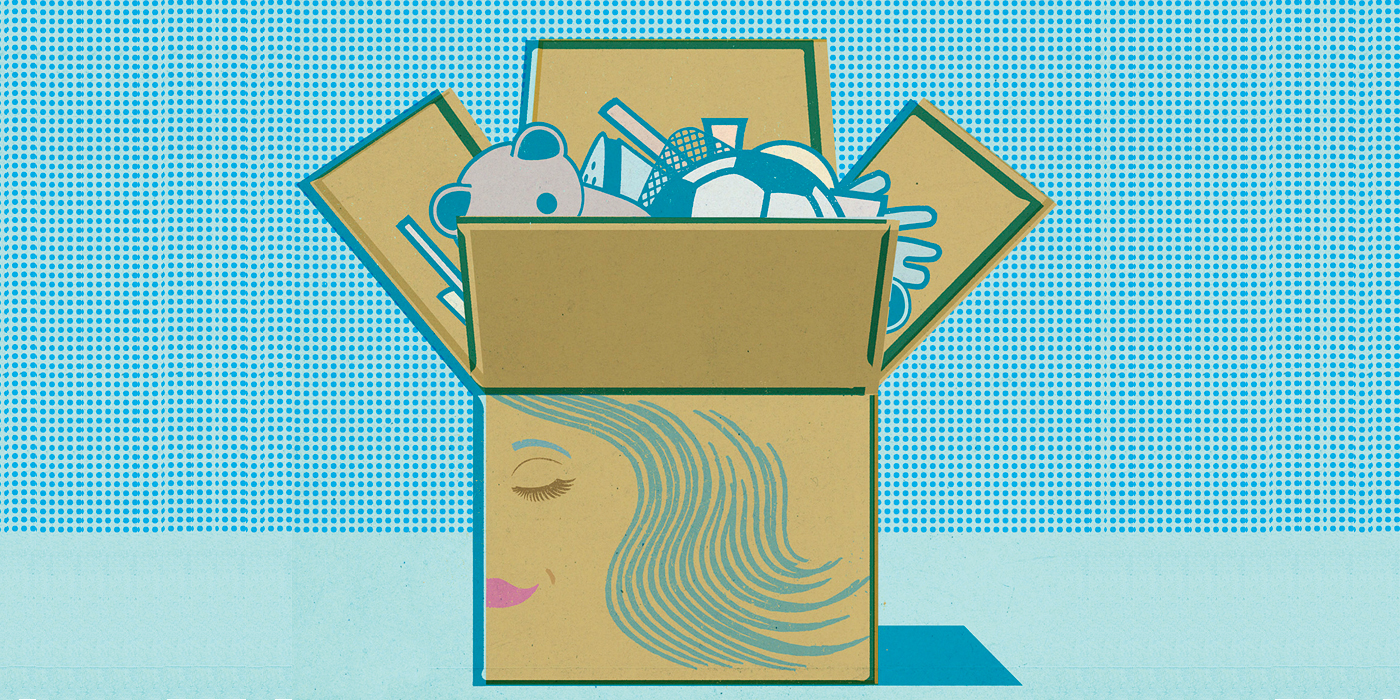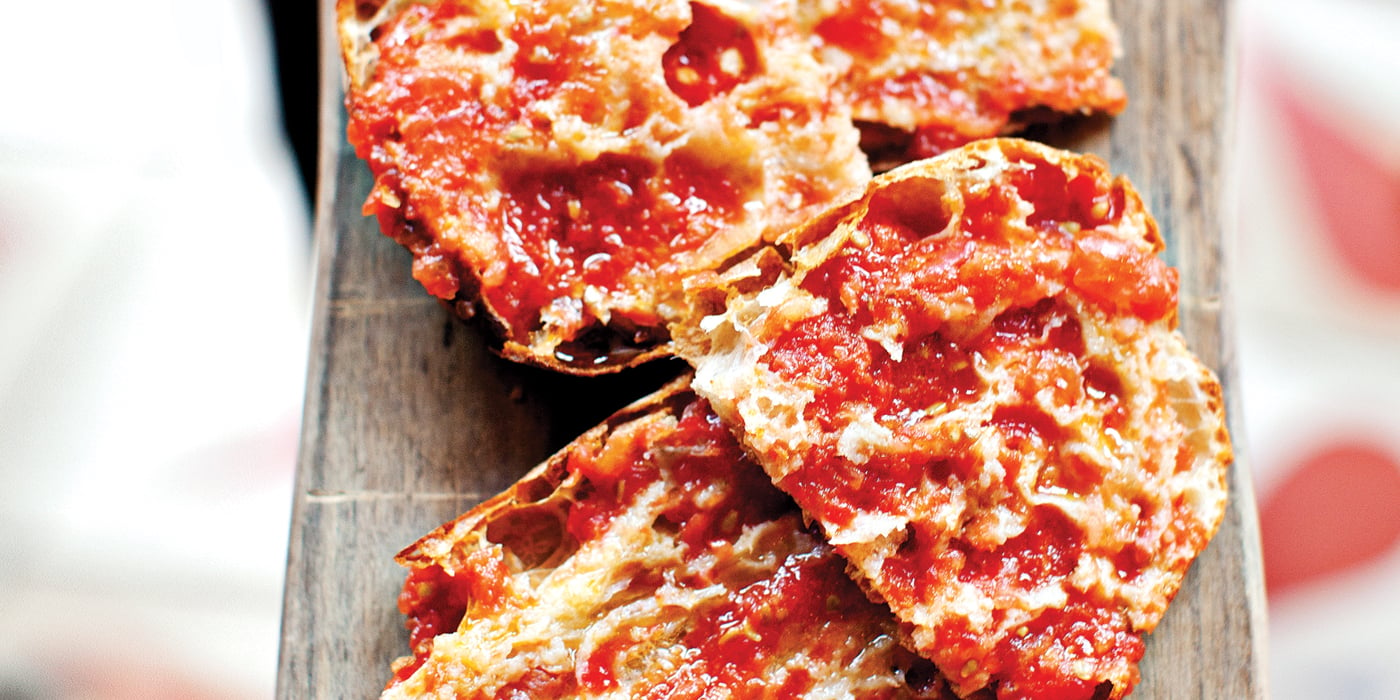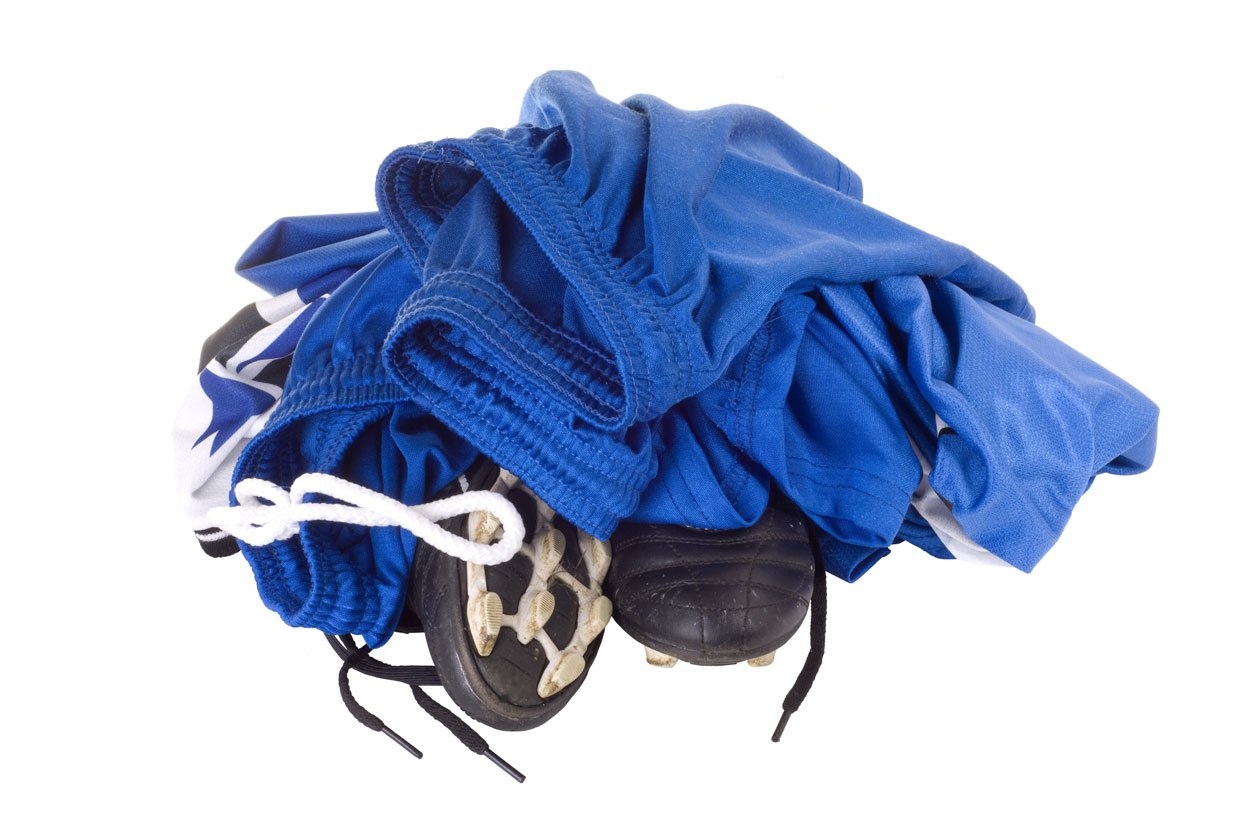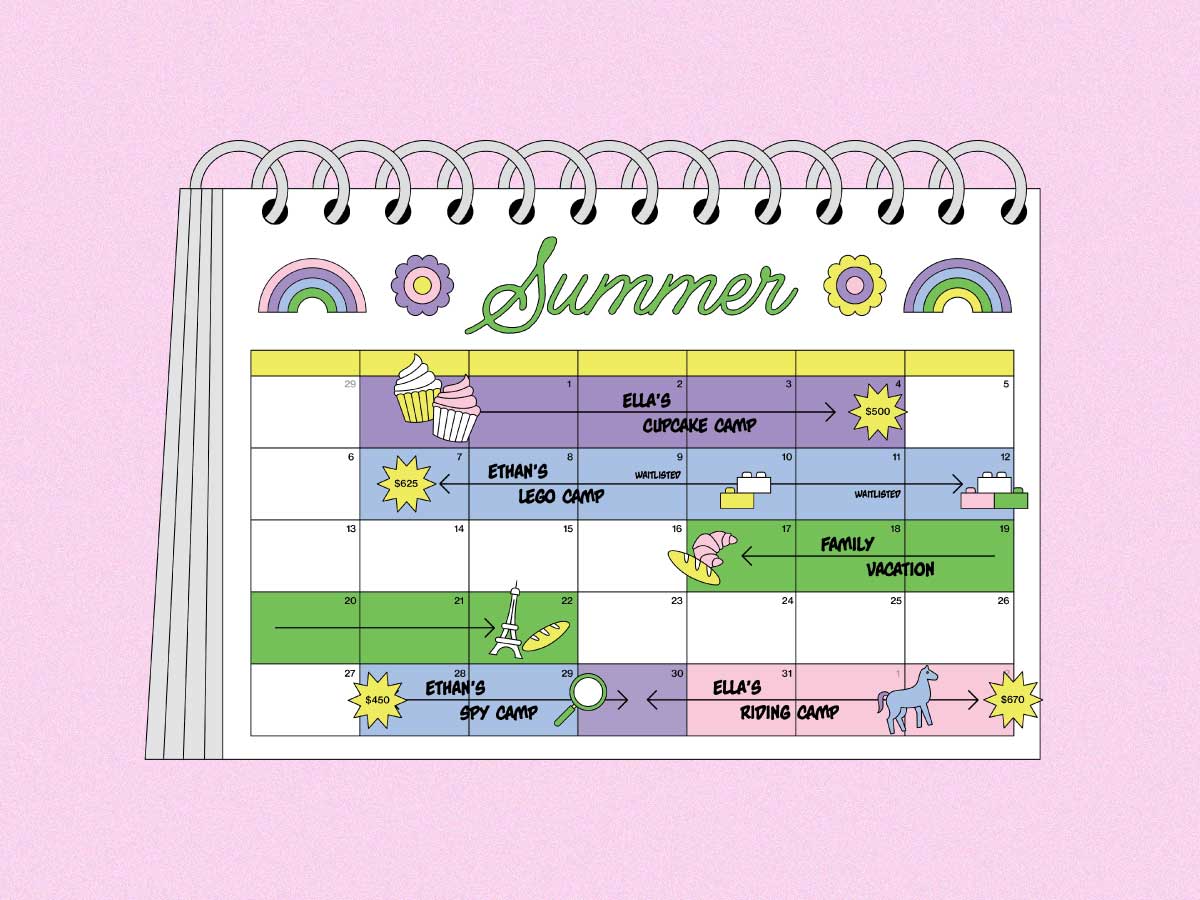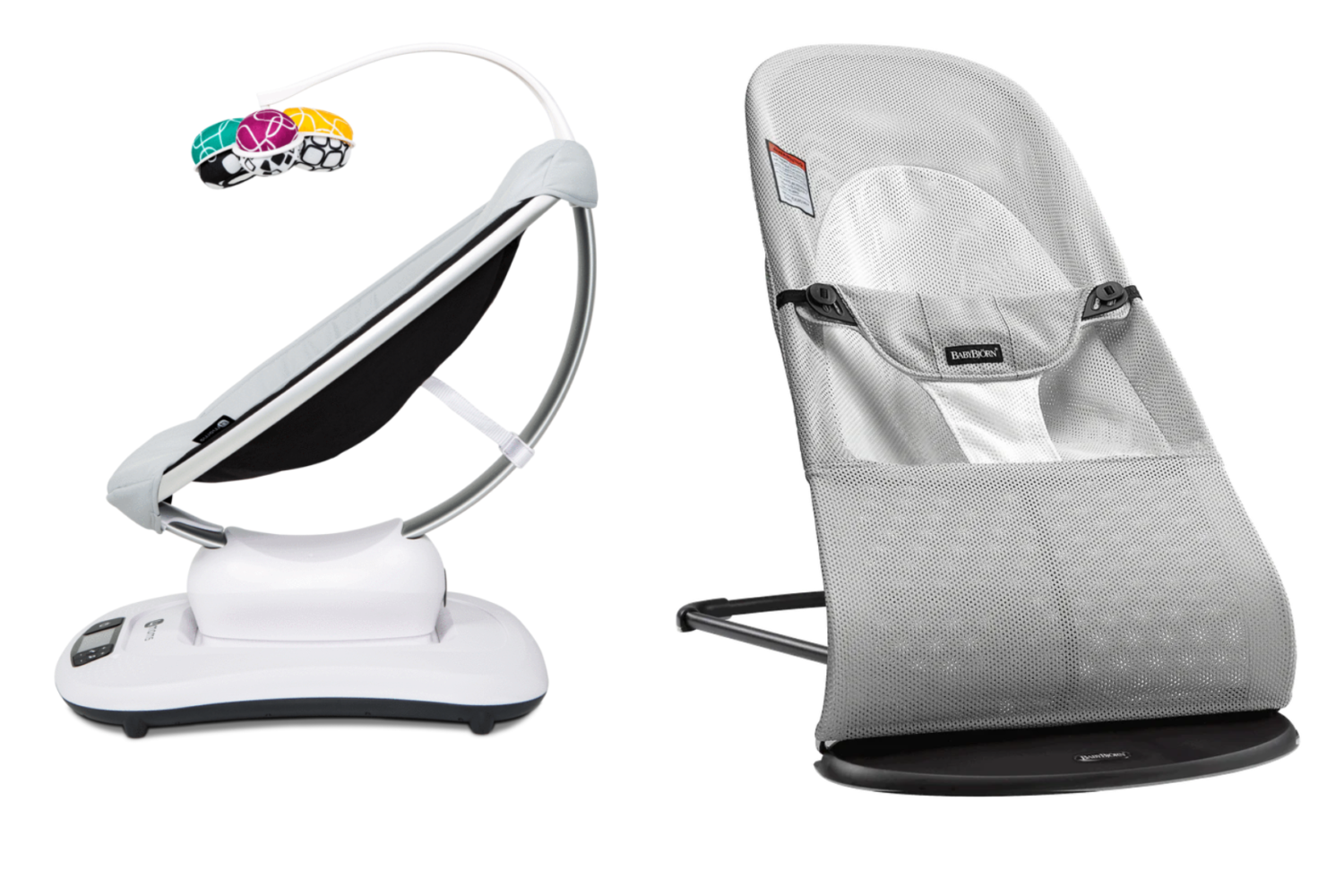Managing household mayhem doesn’t just make for a neater living space; it makes it easier to live with yourself —and others. “Clutter is like gum on your shoe—it slows you down and annoys you, and it keeps spreading and sticking wherever you go,” says certified organizer Jill Lawrence. Not surprisingly, the psychological and emotional benefits of finally getting to the bottom of all those piles are pretty amazing.
Helps you breathe easy.
When things have a place and there’s space to move around, the body actually gets the idea that it’s time to be at peace. “The parasympathetic nervous system engages, and our organs and cells do a collective exhale,” says Julie Lopez, a DC-based licensed social worker whose specialties include addictive behaviors and the emotional impact of clutter issues. For moms, this can translate into increased patience and tolerance for their kids. “The stress reduction sends out feel-good hormones and improves overall mood,” Lopez says.
Minimizes spats.
“I’ve heard time management and disorganization cited in divorce cases,” says Jane Campbell, a Rockville-based organizer with a PhD in psychology. Most of us find it hard to feel lovey-dovey when our relationship is strained by arguments over misplaced bills and uncontained mess. “As a mom, you’re often dealing with clutter that’s not even of your own creation, yet you’re the one who has to deal with it, and that can cause anger and resentment,” says Elspeth Bell, a licensed psychologist in Columbia who specializes in clutter disorders. “Your physical environment ends up taking on emotional issues.” Insisting that whoever makes the mess cleans it up—be it spouse, kids, or you—can help take the edge off.
Lets you tune into your kids.
Since clutter can make even the simplest task stressful (like getting dressed, only to find that the suit you planned on wearing for your big presentation is still at the bottom of the dry-cleaning pile), it can trickle down and impede your ability to be fully present when you’re with your kids. “True engagement means using active listening skills, teaching, guiding, and planning for our children’s well-being,” says Lopez. “That’s hard to do when you’re not able to set boundaries and manage chores. Believe it or not, the stress it creates within the home can actually be the root culprit for acting-out behaviors in children.”
Frees you to like yourself more.
“When you feel overwhelmed by everything you need to do—and that list seems endless—there’s a lot of ‘OMG, where do I start?’ and waking up in the middle of the night feeling like you’re forgetting something, because you probably are,” says Bell. “That can trigger a lot of negative self-talk, where you’re just beating yourself up.” Her best advice: If something can be done in five minutes—like paying a bill or going through the mail—do it immediately instead of putting it off. The smallest successes are empowering, help you feel better, and create momentum for doing more and more.
Gives you more time for activities that make you happy.
According to the National Soap and Detergent Association, getting rid of clutter would eliminate 40 percent of housework in the average home. And the National Association of Professional Organizers reports that we spend 12 weeks a year looking for lost items. That’s a lot of “me” time that could be devoted to margaritas and romantic comedies.
Allows you to let go of thing that may be hurting you.
Your home should be a respite from the world. If you’re holding on to items with potentially toxic memories—say, from an ex, or a painful time in your life—you’re inviting those feelings into your haven. Even something as simple as art supplies that are a reminder of a hobby you planned for but never touched can trigger feelings of failure. Purge, purge, purge.

